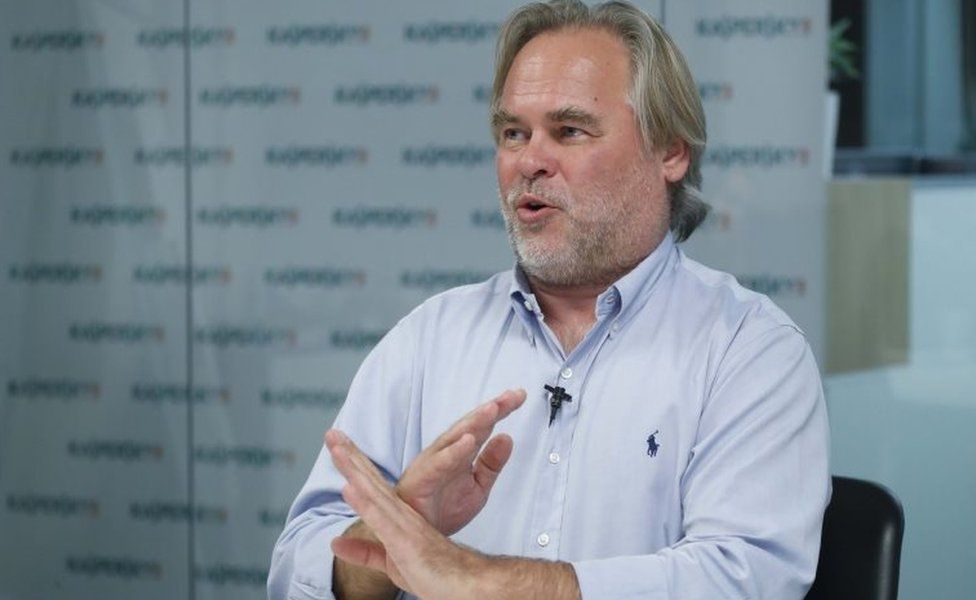

- #Kaspersky new york times Patch
- #Kaspersky new york times software
- #Kaspersky new york times code
- #Kaspersky new york times Pc

The attack's other victims reportedly matched Israeli targets, several of which were located in the US, ruling out American collusion. Kaspersky noted that the breach, which lasted for several months, used the same algorithm as Duqu. It ended up accidentally spreading to Indonesia, India, and Azerbaijan, among other regions. The latter was a joint Israel-American cyberweapon that inflicted considerable damage on Iran's nuclear program, in particular on its Natanz facility. Although it didn't pin the blame directly on Israel, it did drop a significant hint by referring to the attack as"Duqu 2.0" (in reference to the Duqu malware, which matches the Stuxnet virus). Kaspersky detailed the attack on its systems back in June 2015. The NSA, however, has always restricted its analysts from installing Kaspersky's apps (which may explain why the hackers went after an agency contractor).
#Kaspersky new york times software
The company claims it was "not involved in" nor "does it possess any knowledge of, the situation in question."īut, according to multiple people in the know, the Russian operation turned Kaspersky's software (to borrow the Times' phrasing) into a "Google search for sensitive information." This classified data was then extracted back to Russian intelligence systems. As for Kaspersky, its response is the same boilerplate. It all spins an espionage web worthy of a John le Carré novel. So, to sum things up: Israel-linked hackers were watching Russian hackers breach an NSA contractor's computer in real-time using a popular anti-virus tool. It seems Israeli officials tipped off the US about the Russian intrusion, having hacked into Kaspersky's network, according to The New York Times. Little else was revealed about the incident (news of which broke last week) until now. The US intelligence agency claimed it noticed the stolen files using Kaspersky software. Its latest headache is linked to the NSA cyberattacks allegedly carried out by Russian hackers, who made away with official cyber defense material in 2015. The US government recently prohibited federal agencies from using the company's products, and the FBI is reportedly convincing private entities to do the same.

#Kaspersky new york times Patch
Vulnerabilities and hacking methods that get leaked are much easier to pull off because many people don’t patch their machines to fix critical vulnerabilities.Kaspersky is in hot water. Serper reminds us to keep our machines and software up to date.

“For a product that’s widely used,” he said, “a back door in that product will be caught much more quickly than a product that is sparsely used.” To counter these potential problems, Williams advises home users to stick to big-name products as a way to benefit from a digital version of herd immunity. Williams believes we’ll see more state-level hackers accelerate their computer hacking programs thanks to recent high-level leaks of infiltration methods such as Vault 7 and the Shadow Brokers hack.
#Kaspersky new york times Pc
Before reports of Kaspersky surfaced, hackers linked to China infiltrated and delivered malware via the popular PC utility CCleaner. “What data is collected ? How is it collected? How is it saved? How is it catalogued? I think it’s a data science question, and not a software engineering question.”īesides, this problem is not likely to disappear-if anything, more consumer-grade software may soon end up in the cross-fire. Serper offered similar sentiments, but added that the data is what most concerns him.
#Kaspersky new york times code
It’s a matter of how they use the code that’s going to be controlled by the Kaspersky command center.” “It’s not a question of ‘is the code itself secure?’ I would argue that Kaspersky is probably some of the most secure A/V code out there right now. “I think it’s entirely for show, and I think they know that,” Williams said. But even that won’t satisfy most critics. That’s why the company wants third parties to audit its code. Good works aren’t enough to absolve Kaspersky, however. “I think they have probably some of the best researchers and talents in the world,” said Amit Serper, principal security researcher for Boston-based infosec company Cybereason. Kaspersky Lab is actually an important player in the infosec community for the useful threat information it makes freely available.


 0 kommentar(er)
0 kommentar(er)
